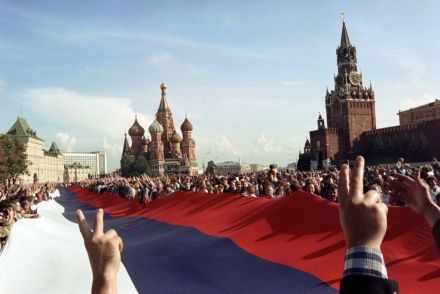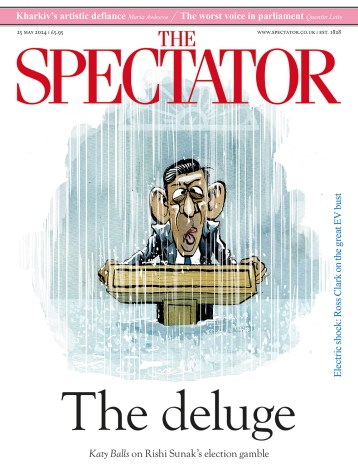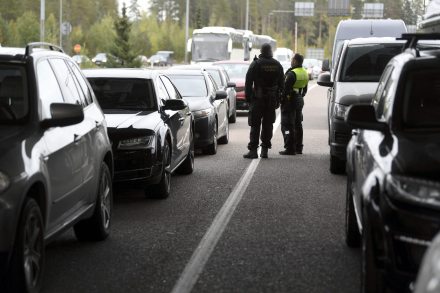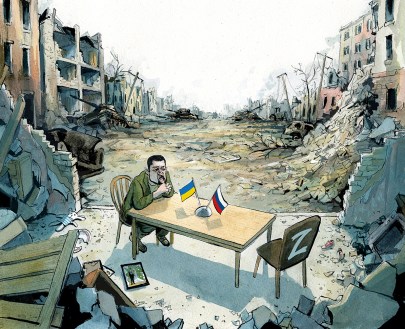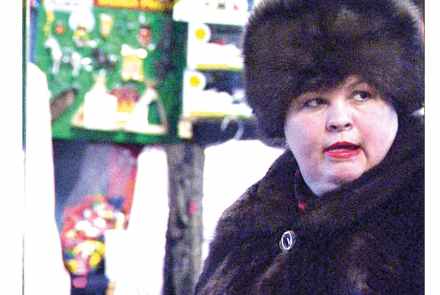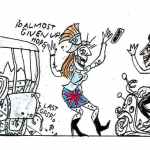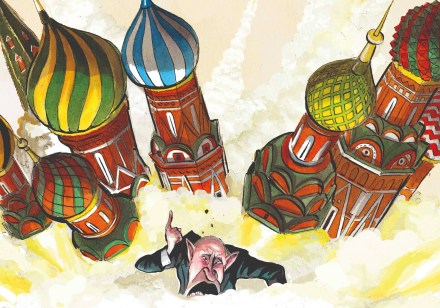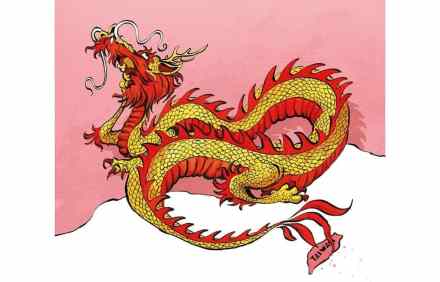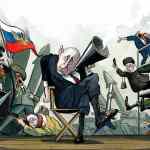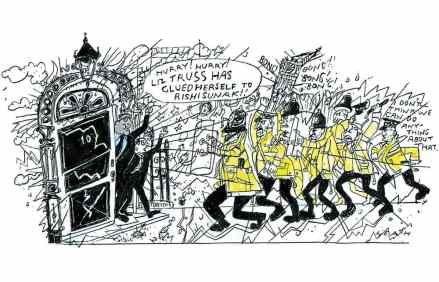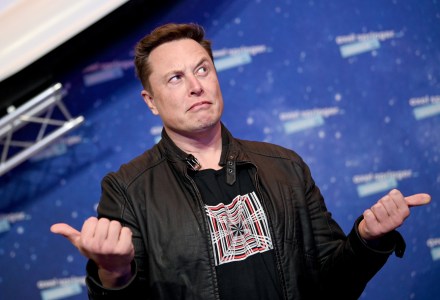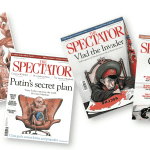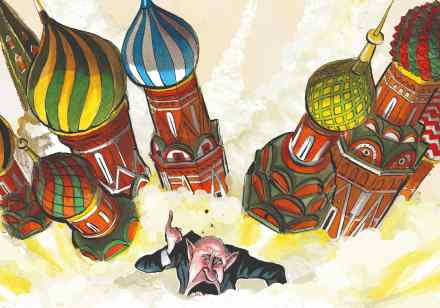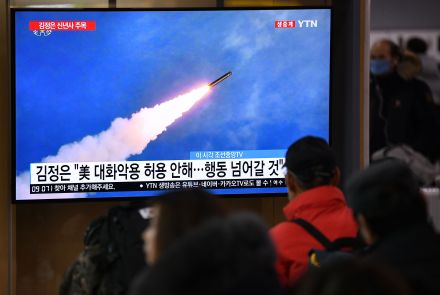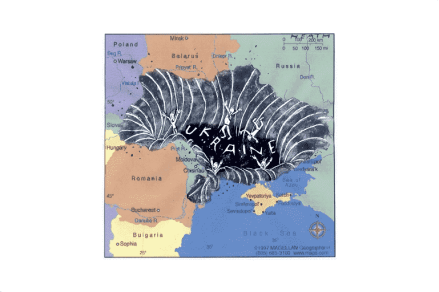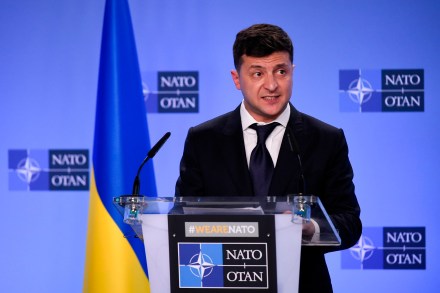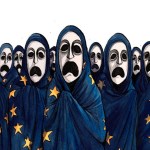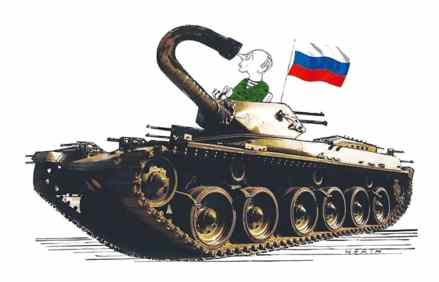The year the Russian empire really collapsed
In a quiet suburb of Moscow, a twenty-minute metro ride from the Kremlin, is the Soviet Union’s answer to Disneyland. Between a budget supermarket and a teacher training college is the Exhibition of Achievements of National Economy, known to locals by its Russian-language acronym, VDNKh. The ‘Kh’ is said like you are clearing your throat. Every year, tens of thousands of visitors pass under the triumphal arch that stands at the entrance to the VDNKh. It looks like London’s Marble Arch and is topped with two gold-plated proletarians holding up a bundle of wheat. Past it, there’s stalls selling hot dogs, an imposing statue of Lenin, and a water fountain
